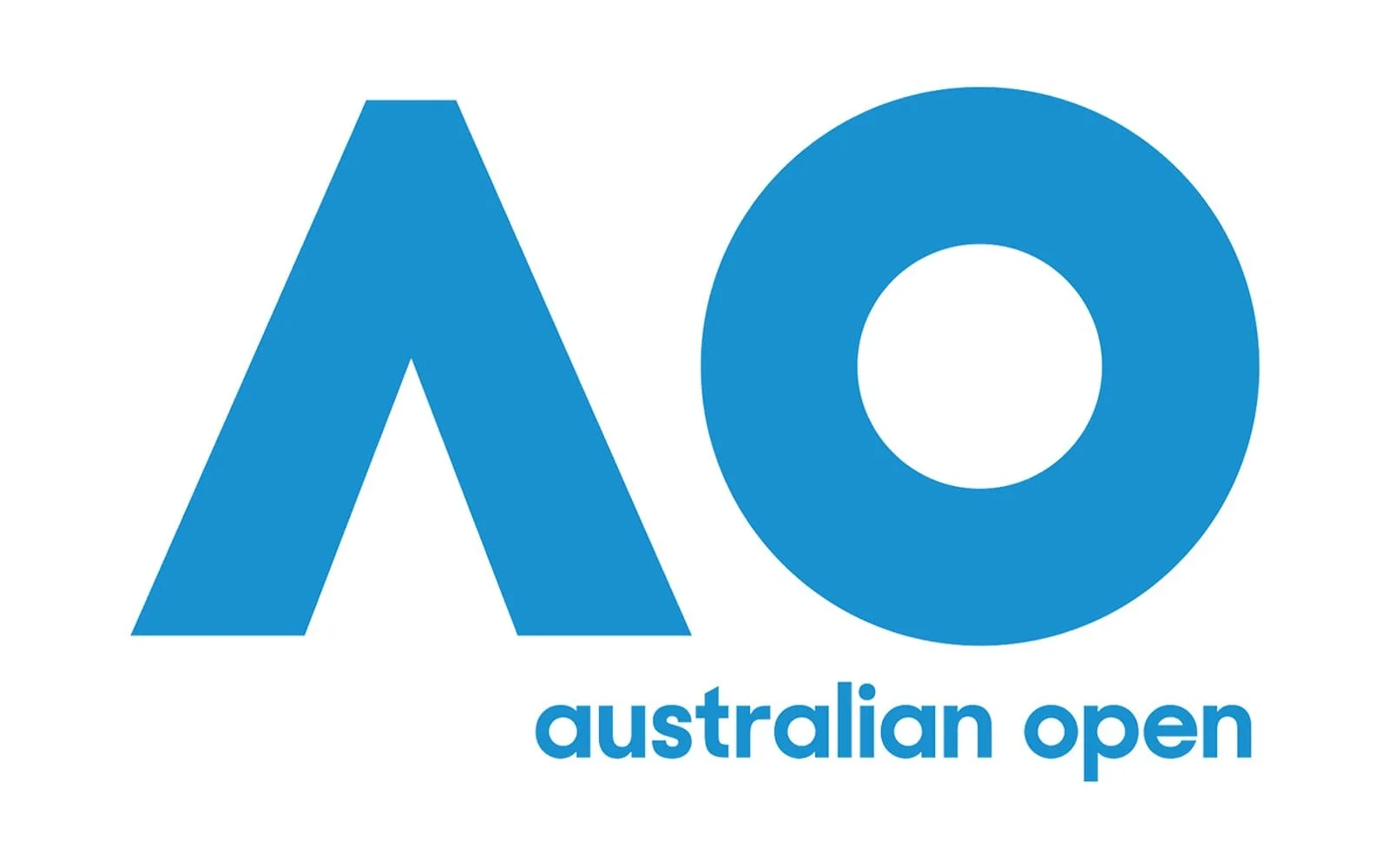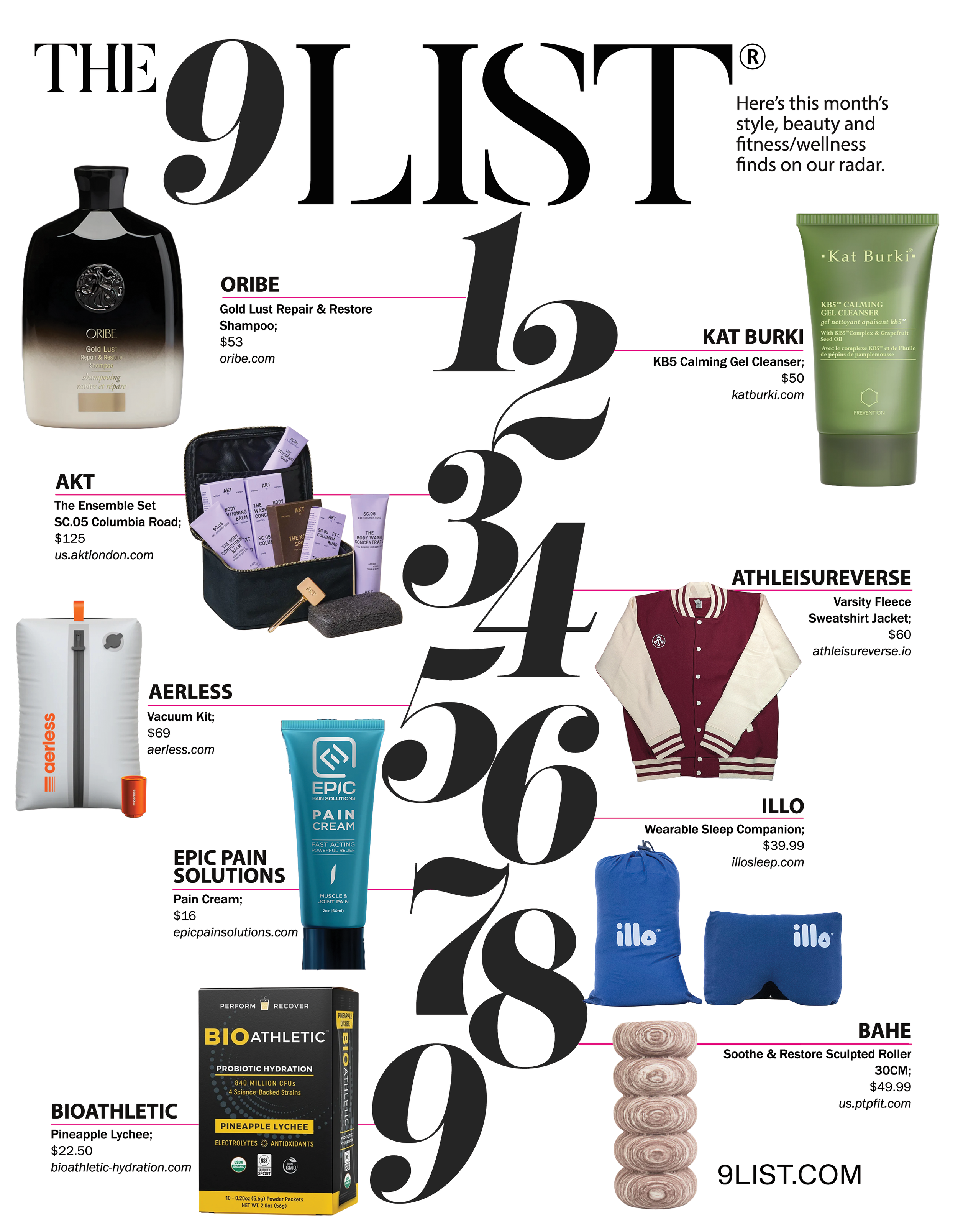This month we're excited to share a number of stories from athletes who will be competing at this year's Paris 2024 games! While the majority of athletes will assemble in Paris for this year's Summer Games, those who are competing in surfing will make their way to Tahiti in Teahupo’o. This month's cover story is with World Surf League's #2 ranked pro-surfer Griffin Colapinto who will competing with Team USA Surfing, and will make his first Olympic appearance this year.
In addition to the success that he has had throughout his career and this year, we know he has an array of fans which includes Matthew McConaughey who has shown his public support of him at a number of meets. In addition to surfing, he is also in a film that is currently in the film circuit, Trilogy: New Wave and will be released this September. He stars alongside Australian Olympic surfer Ethan Ewing and Hawaiian Seth Moniz. The film focuses on the non-competitive side of surfing.
We wanted to know more about how he got into the sport, going pro, Paris 2024, and his partnership with Procter & Gamble's Athletes For Good alongside the International Olympic Committee (IOC) and International Paralympic Committee (IPC) and his chosen charity which focuses on mental health.
ATHLEISURE MAG: When did you fall in love with the water?
GRIFFIN COLAPINTO: I fell in love with the water when I was about 3 years old!
AM: What was the moment that you realized that you wanted to surf professionally? Where did that journey come from as we know that you love the water, you loved surfing, and then you wanted to do it as a professional.
GC: Well, the journey started down at my dad’s surf camp. He started a surf camp down at Santa Clemente the year I was born and he ran that for 20 years. So I was just growing up with the beach and him and he was in love with surfing and the ocean and he was a lifeguard and a teacher so that carried over to running a surf camp in the summer time. He just created a rad family dynamic down there with all the instructors and I was just growing up on the sand every summer! That and I just started – I don’t know it was natural, I wasn’t forced into surfing and being a competitive person and playing games. I just took to it naturally because I was on the beach and the sand. I remember a lot of the kids that were down there and the instructors that were there would always be on the beach. I just wanted to be able to impress them with the things that I was able to do in the water. I remember taking a surf board out there in front of them and wanting to surf for them.
I had this one moment where I was probably 7 or 8 and I felt like I caught some air on a pipe and I remember looking at all of the instructors on the beach and they were cheering. That feeling right there triggered competitive surfing for me right there! Being able to perform for people made me really happy!
AM: What is an average week like for you when you’re out there surfing whether you’re training for competitions or whatever?
GC: Yeah, well! I definitely think that there is a lot of discipline on my routines whether I’m waking up early and doing everything that makes me feel good like meditation, writing, and surfing of course! Working out and all of those things are important. It’s also essential to give yourself time to rest and to recover and I also have fun! I enjoy golfing a lot so that’s a nice way to take my mind off of surfing because sometimes you can just plow yourself through into the ground too much! It's a good balance.
AM: Congrats on qualifying for Paris 2024! What are you looking forward to?
GC: Yeah, it’s pretty wild! So our Olympics, we will be in Tahiti which isn’t near Paris, but it’s going to be on its own little adventure over there! It should be pretty exciting from what I have heard! They have put in a lot of work over there in Teahupo’o and although I can’t say what it will be like yet, I’m excited!
AM: And you’re ready for it!
GC: I’m ready!
AM: Tell us about Athletes For Good as we know it’s an initiative between P&G, IOC, IPC – can you give us a little background on that?
GC: So the Athletes For Good, P&G granted us money to donate to our favorite charity. I donated funds towards To Write Love On Her Arms (TWLOHA) a mental health organization that provides the tools and mental health resources for anyone that is going through challenging times in their lives due to suicide or maybe there is a close family member in their family that did commit suicide and needs someone that they can talk to about it. You can go to TWLOHA and you can get a local counselor nearby and they just provide rad things like that. It is definitely a big deal these days with social media and everything going on and it can take you away from the source of where we came from. I’m really proud to be able to represent it.
AM: Had that been an organization that you had been involved with before? What drew you to picking TWLOHA in terms of where you wanted the donated funds to go to?
GC: Well, I originally got into mental health through surfing. My dream of being on the World Championship Tour and being a World Champion, it comes with a lot of challenges, and anytime you have a big goal in mind, there is going to be a lot of ups and downs with that. So, through that, the mental side of things plays a big role and I realized that and it opened my eyes to a lot of different perspectives and other people. I just kind of realized that there are a lot more people on similar paths that go through hard times. For me, I was super fortunate to grow up with amazing parents and to grow up in a beautiful community with a lot of support and I still find myself on days struggling with some slight depression and not very happy and not knowing why. I just felt that there are people who got dealt with a bad set of cards, a lot worse than me and I can only imagine what they are going through. So that’s what drove me into this space and it's really cool that P&G gave us this grant and I’m excited!
AM: You mentioned that when you’re taking time for yourself, you play golf! Are there other things that you do to take time for yourself to be in the place that you need to be so that you can infuse that energy into other areas of where you also want to be?
GC: Just kind of being aware of how I am feeling and what is best for me in the moment. As an athlete, it’s easy to over do it, to over exert yourself and to just be addicted to the hard work and you feel like you need to work, work, work, work, but in reality, half the battle is just being good at resting too! So learning that has been a big part of it and I feel that slowly but surely, I’m getting better every day!
AM: Which is an awesome skill to have too!
You can find out more about Athletes For Good that recognizes the efforts of athletes to improve their communities off the field. Griffin shares more information about TWLOHA and why he is involved with them in his IG post.
PHOTOGRAPHY COURTESY | FRONT COVER, PG 16 + 20 Trevor Moran/Red Bull | BACK COVER, PG 18 + 22 Ryan Miller/Red Bull | PG 24 P&G |
Read the JUL ISSUE #103 of Athleisure Mag and see RIDE THE WAVES Griffin Colapinto in mag.




























